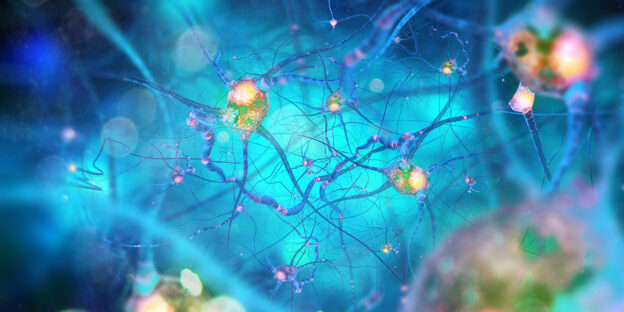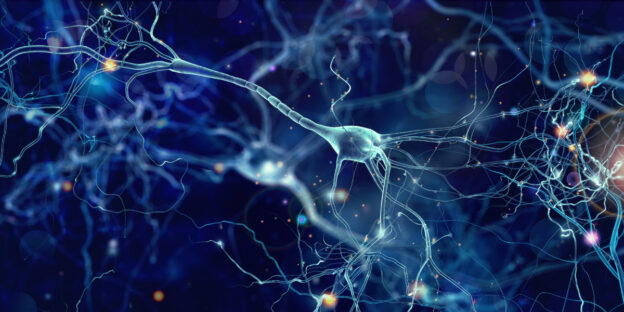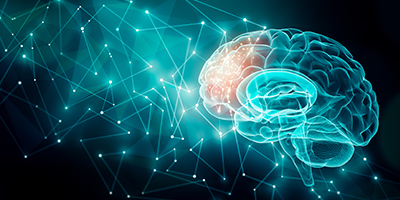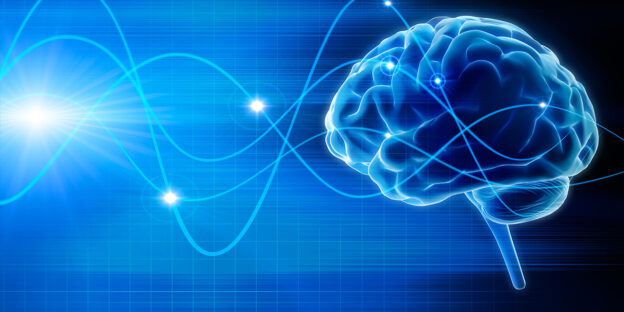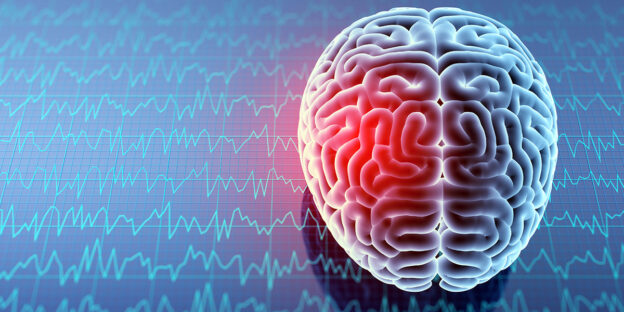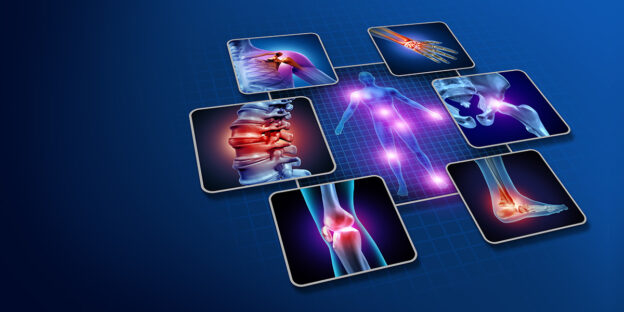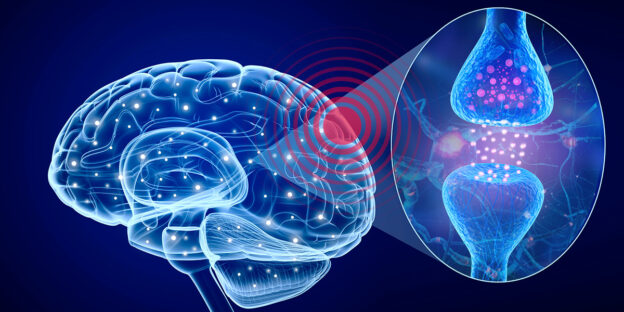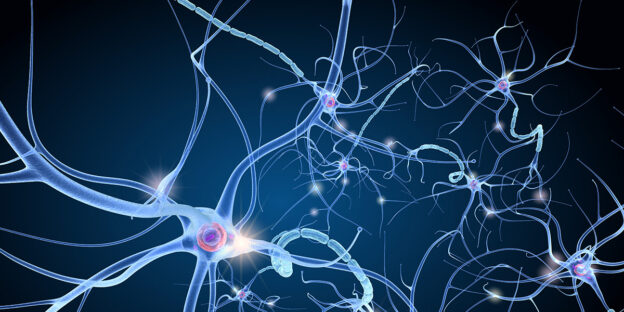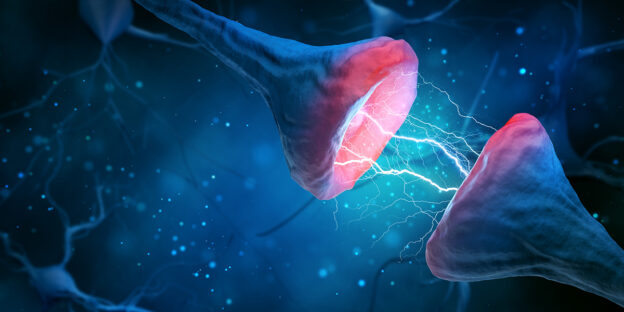Heidi Haaviks Online Course

Welcome to this online course on using chiropractic science to improve performance, strength, and function. I will teach you how to use the Brain Model of Chiropractic Care.
Thank you for taking on this challenge. This will be a unique opportunity for you and your team to master the Brain Model of Chiropractic, develop your confidence in communicating the science of chiropractic, and grow the practice of your dreams. We hope you enjoy this course and would love to hear how you go. At any time, please feel free to email us at support@chiroshub.com.
Next Workshop June 19 – 8:00 am NZT
Explaining how chiropractic care can impact organ function – according to the Brain Model (i.e. biologically plausible mechanism congruent with science)
The Brain Model of Chiropractic Care
Step 2
BS2.01 Introduction to the Neuroplasticity Model
94 minutes – this class covers the major changes in neuroscience over the past 20 years
Step 3
BS2.02 Two Models of the Vertebral Subluxation
65 minutes – the latest research evidence examining what a vertebral subluxation is.
Step 4
BS2.03 The Neurophysiology of the Subluxation
60 minutes – the consequences of spinal injury and how it affects the brain function.
Step 5
BS2.04 Adjustments affect the Prefrontal Cortex
61 minutes – how adjustments impact the processing of the prefrontal cortex in the brain.
Step 6
Assignment 1 – Using the Animations
Part 1 of 3
Familiarise yourself with the animations on Chiros Hub in the various categories. Create notes on the video animations from at least one category.
Download and complete the Video Categories Document (below) and enter key words and/or phrases about the content of that video, and, enter in the patient questions that each one of the videos can answer. See example below:

If you are using the Google Doc, make sure to select File > Make a Copy to get full edit access to the document.

Email it to support@chiroshub.com
Part 2 of 3
Once you are familiar with at least one video animation category and at least several of the videos within that category, show at least one patient one of these videos on your practice screen, iPad, smartphone or email them the link to it.

Get feedback from at least one patient on whether or not this information is useful to them using the form below:
Part 3 of 3
Part 3 of this assignment is to try to use at least one of the first three ANALOGIES with patients:
Try to use the first three ANALOGIES with patients:
| Analogy | Found in Video |
| 1.Subluxations representing lights going out or fuses blowing in a dark corridor | Chiropractic Affects your Brain |
| 2. How the adjustment is rebooting the computer | Chiropractic Affects your Brain |
| 3. How symptoms don’t develop until the 1000th straw breaks the proverbial camel’s back | Symptoms are the tip of the Iceberg |
Step 8
BS2.05 The Impact of Stress on the Brain and Health
71 minutes – How stress and traumatic experiences negatively impact our brain function and health.
Step 9
BS2.06 Communicating Chiropractic’s impact on the Brain
69 minutes – how to communicate the science about how stress negatively impacts our health.
Step 10
BS2.07 Pain is created in the Brain
50 minutes – the latest science tells us that pain is created in the brain – to warn us about danger.
Step 11
BS2.08 Understanding Chronic Pain
65 minutes – how to communicate the latest contemporary understanding of what chronic pain is.
Step 12
BS2.09 Connection between Stress, Pain, Sleep and Mental Health
61 minutes – how stress plays a major role in the development of chronic pain.
Step 13
BS2.10 The Brain, Pain and the Neuroplastic Effects of Chiropractic Care
61 Minutes – we examine the function of the spine and how the brain controls movement
Step 14
Assignment 2 – Using the Research Articles
Instructions
Ensure you print out several chiropractic research summary articles from https://chiroshub.com/research/ or using the download list below. Choose one you like, and leave it around your Office for the next few weeks. Also, send out your first email with this information, plus the PDF as an attachment to your entire email list – and collect the feedback and/or questions for us to discuss at the next Zoom Workshop.
Research Summary Article Download Links
Secrets of the Spine
Understanding Pain
Step 15 – Workshop 3

FREE Posters
Step 16
BS2.11 The Somatosensory Neuroplastic effects of Chiropractic Care
53 minutes – the known Somatosensory neuroplastic effects of chiropractic care.
Step 17
BS2.12 The Motor Control effects of Chiropractic Care
67 minutes – the known motor control neuroplastic effects of chiropractic care.
Step 18
Assignment 3 – Practical Workshop
Assignment 3 – Instructions
Over the next 20 minutes, try to agree on answers to the following seven typical patient questions individually or in small groups of two or three.
Hint: Keep the language simple and easy to understand but accurate according to science.
- What is a subluxation?
- Why do we get subluxated?
- How do subluxations affect me?
- How would I notice if I was subluxated?
- What happens when you adjust me?
- What are the typical effects of adjustments?
- What is that crunching/popping/cracking sound when you adjust me?
Find the Answers
The following animations on ChirosHub.com are an excellent place to start for the above questions. The CA course will also link to these videos within their classes on ChirosLearningHub.
- Who sees a chiropractor?
- The beginners guide to chiropractic
- What is that pop?
- How the brain perceives the world
- Chiropractic affects your brain
- Spinal function impacts brain function
- Mild spinal dysfunction
- Improved muscle activation
- Reaction times
- Adjustments Improve strength
- Handbrake in your Brain
- Chiropractic and the Jaw
- Adjustments increase strength in stroke victims
Step 19
Assignment 4 – Workshop Assessment
Workshop Instructions
Email workshop answers to support@chiroshub.com
Once you have the model answers to Assignment 3, set a time to meet with your staff. Before this practical team workshop, let your staff know they can watch any of their online classes again. They can also read the scripts to the relevant animations if that helps.
In pairs over the next 30 minutes, role-play, answering the following seven patient questions that you have found the answers to in Assignment 3.
One can pretend to be the patient, and the other can pretend to be the Chiro Assistant or chiropractor who answers the patient’s questions. The person asking the questions and listening to the answers can also be the assessor of the answers provided by the CA or chiropractor. Rotate so that each of you gets to be in both roles. Use the Marking rubric below and rate the answers. Rate according to accuracy, confidence, and use of analogies in their answers, if possible.
During this practical session, you will get a feel for how well your CAs understand the materials and how comfortable they are answering these questions. Discuss with your staff the model answers. They should not sound scripted, so they should come from them in their own language. This role-play task is essential for your CAs to ‘own’ this material themselves and to be able to answer such questions from patients. It will also help you feel comfortable with the language of the brain model of chiropractic care.


